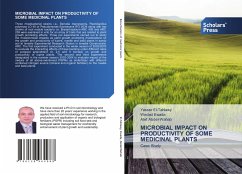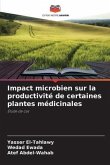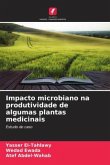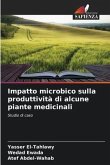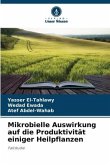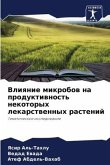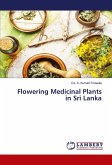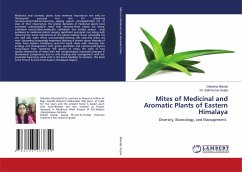Three rhizobacterial strains i.e., Serratia marcescens, Paenibacillus polymyxa LO 40 or Pseudomonas fluorescens IFO 2034 along with two strains of root nodule bacteria i.e. Bradyrhizobium ARC 408 and ARC 209 were examined in virto for an array of traits that are related to plant growth promoting effects. Three pot experiments carried out to study the rhizomicrobial impacts as plant growth promoting rhizobacteria on the growth and productivity of lupine, roselle and basil plants in sandy soil at Ismailia Experimental Research Station in Ismailia Governorate, ARC. The first experiment conducted in the winter season of 2002/2003 to evaluate the interacting effects of these bacteria under different rates of compost amendment (0, 2.5 and 5 ton/fed) on growth and productivity of lupine plants. The second and third experiments designated in the summer season 2003-2004 to evaluate impact of the mixture of all above-mentioned PGPRs as biofertilizer with different combined nitrogen source (mineral and organic fertilizer) on the roselle and basil plants.
Bitte wählen Sie Ihr Anliegen aus.
Rechnungen
Retourenschein anfordern
Bestellstatus
Storno

